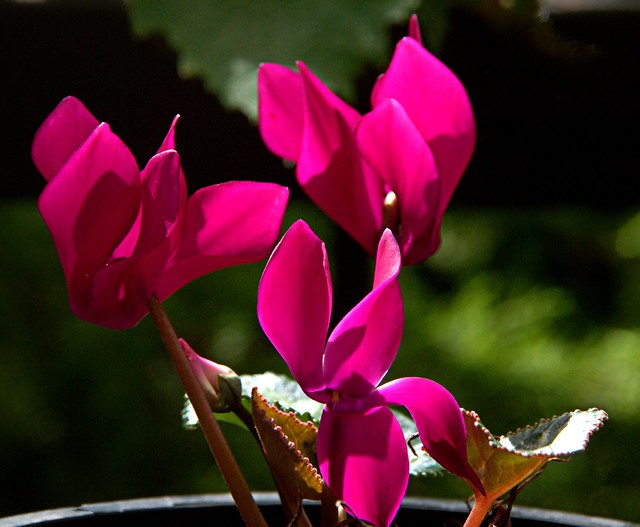There is a lot of very misguided opinions on the internet and the use of photo reference for paintings seems to be getting more than it fair share of pretentious humbug. I suspect the uninformed believe it is cheating. Whilst I don’t suggested that photos should be copied in absolute details (I am convinced the resulting painting is then going to look very boring). I do however appreciate that having an “aide-mémoire” handy can help check on details of the subject, pose or posssibly atmosphere. However I don’t have great expectation that a single photo will reliably capture all the tones, fleeting effects of light or shadow and colours are typically flat. Photographers strive to capture detail in high fidelity, massive mega pixel dump of just a momenr but I dare to suggest this is not the “reality” an artist sees (when a couple of 4” y 6” snapshots may be more helpful).
Photos definitely solves the issue of translating a 3D reality onto a 2D surface and this can definitely help resolve perspective issues and refibe composition. But it is no substitute for being there and “seeing” (and experiencing) the place or subject. The act of sketching not only consolidates that seeing but also helps focus on the key aspects, and concentrating on those characteristics, colour, texture, atmosphere that later will bring life into the painting, that a photo only may lack. So I feel strongly that photographic reference is fine but it should be collected alongside some “plein air” sketches and observation, and more than one photo is better.
A sketch can also help you better post process an image to retrace what you remembered the scene, not just the lifeless RAW file. This is a clone painting (below) created with Corel Painter and a fair bit of manual input, it is a computer created painting not a traditional watercolour. I hope it illustrates that there is more life in this and the post processedf photo above than in the original photos (which aren’t so bad either)
This is a clone painting (below) created with Corel Painter and a fair bit of manual input, it is a computer created painting not a traditional watercolour. I hope it illustrates that there is more life in this and the post processedf photo above than in the original photos (which aren’t so bad either)







No comments:
Post a Comment